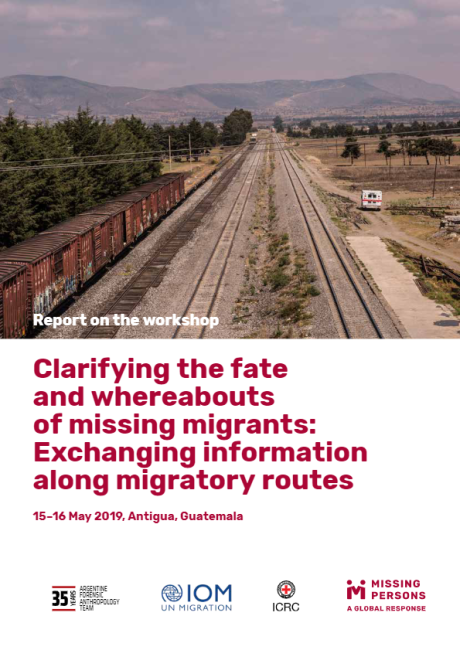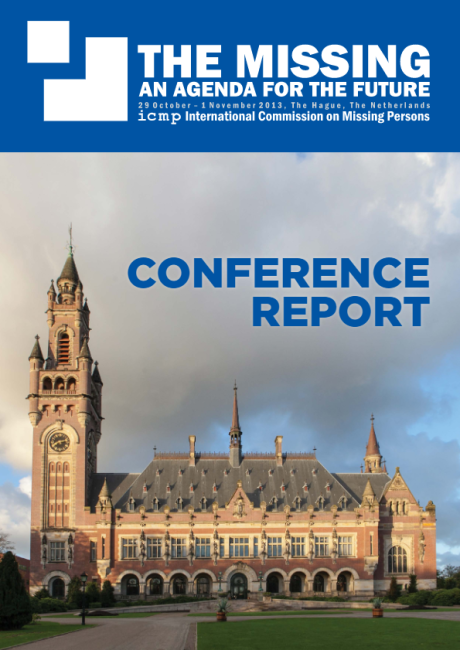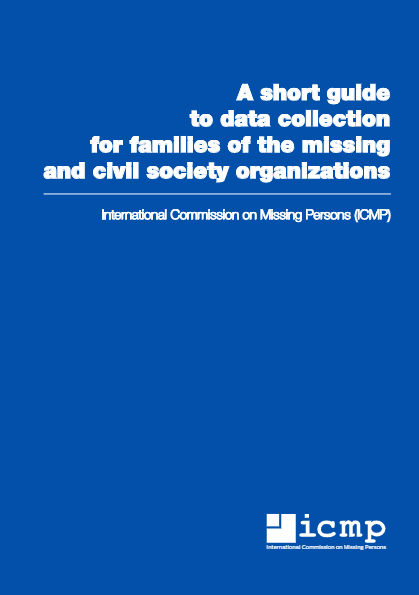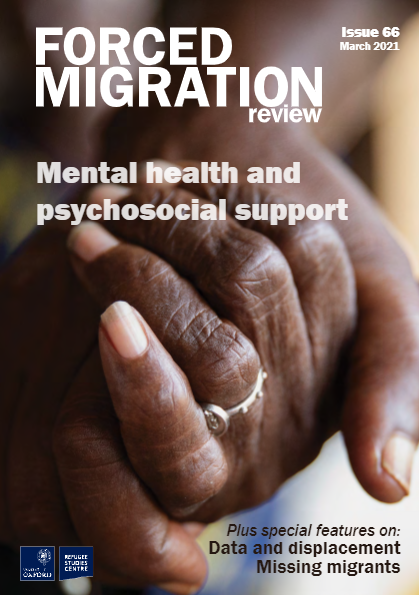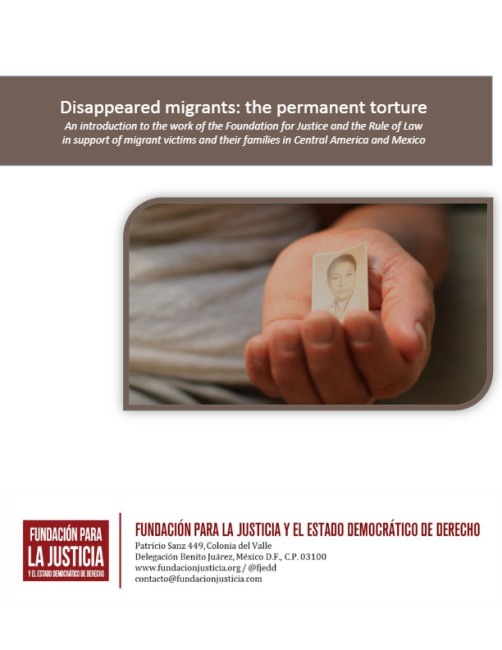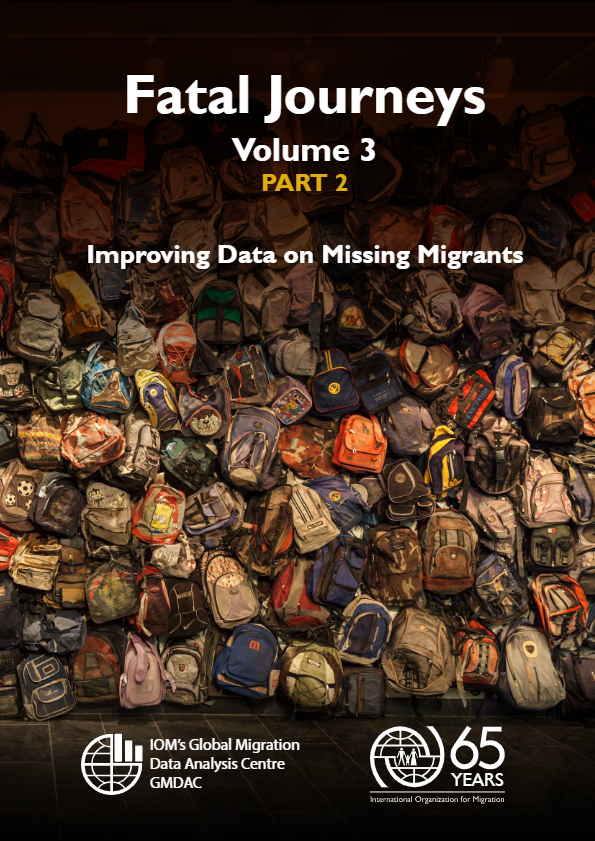
Fatal Journeys Volume 3 Part 2: Improving Data on Missing Migrants
Since 2014, the International Organization for Migration has recorded the deaths of nearly 25,000 migrants. This figure is a significant indicator of the human toll of unsafe migration, yet fails to capture the true number of people who have died or gone missing during migration. This report, the third volume in the Fatal Journeys series, focuses on improving data on migrant fatalities. It is published in two parts. Part 1 critically examines the existing and potential sources of data on missing migrants. Part 2 focuses on six key regions across the world, discussing the regional data challenges and context of migrant deaths and disappearances. The second part of Fatal Journeys Volume 3 makes five key recommendations that emerge from the comparison of regions and innovative methodologies discussed in both parts of the report: (a) Make better use of administrative data: Local, national and regional authorities that collect data on missing migrants should publish these data wherever and whenever possible, in accordance with data protection standards. These authorities should also cooperate to standardize data collection to improve the possibilities for data comparison and cross-checking. (b) Promote survey-based data collection: In areas where few institutions collect data on missing migrants, or where access is an issue, surveys can provide new data on deaths and the risks people face during migration. (c) Explore new technologies: The use of modern technologies and data sources, such as “big data”, piloted in some regions, could be expanded to improve the availability and completeness of data on migrant fatalities. (d) Work with families and civil society: The needs of families of missing migrants should be a central concern in all stages of data collection and identification processes. Data collection efforts led by family and civil society groups should be encouraged through collaboration with other actors. (e) Improve data sharing: Across the world, data on missing migrants are fragmented and not shared effectively. Data sharing and cooperation between actors working on the issue of missing migrants should be promoted.


